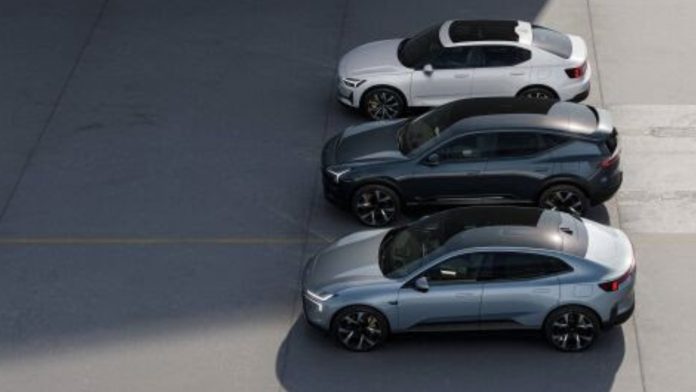Polestar reported a strong surge in its second-quarter global sales on Thursday, primarily supported by a range of offers and discounts in Europe. The Swedish EV maker sold 18,049 vehicles in the second quarter, representing a 38% year-over-year increase.
The carmaker also announced recently that it will shift more of its production, including the upcoming Polestar 7 SUV, to a Volvo Cars factory in Slovakia to help mitigate the impact of U.S. auto tariffs.
Here’s why it matters:
Polestar’s growth highlights how strategic incentives and regional market shifts can drive performance even in the most volatile environments. The brand’s perceptive pivot toward Europe and its move to localize production in Slovakia reflect how global manufacturers are responding to U.S. tariffs and strained trade relations with China.
Key takeaways:
- Discount-driven growth powers Q2 sales surge
Polestar reported that it sold 18,049 vehicles in the second quarter, marking a 38% increase year-over-year. - Growth continues despite EV market headwinds
During the first half of 2025, the Swedish carmaker sold 30,319 units, a staggering 51% increase compared to the same period in 2024. - Polestar shifts focus from the U.S. and China amid stronger European demand
The carmaker is shifting its focus from the U.S. market, where EV demand is weak and auto tariffs are punishing, and from China, where domestic automakers are pushing out foreign competitors, to its home market, where demand for its vehicles is stronger. - Future Slovakia-based production will soften the impact of U.S. auto tariffs
Polestar will relocate more of its production from China to a Volvo Cars factory in Slovakia, aiming to mitigate the impact of U.S. auto tariffs. - Heavy reliance on Chinese manufacturing amplifies tariff exposure
Among all European automakers, Polestar is the most vulnerable to the impact of U.S. auto tariffs, as the majority of its vehicles are manufactured in China.



